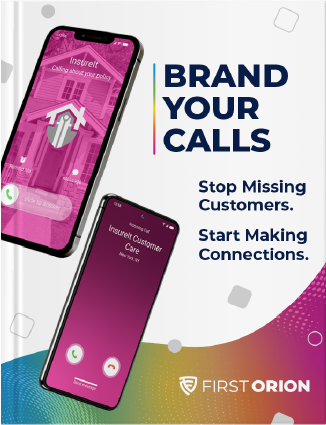According to statistics, by the end of 2018, 2.5 billion people worldwide are expected to be on social media, and if growth rates stay the same, about 86% of the US population should be a part of social media by the end of this year. Social media is one of the most popular ways to communicate with others and share what is going on in our lives. What could possibly go wrong with sharing your whole life on online?
 Every year, the number of scam and nuisance calls increases, and recently, these calls seem to be getting disturbingly personal. Many people have recently reported scammers calling them pretending to be their family members needing bailed out of jail. Some even go so far as to claim to have kidnapped people’s children and demand money before letting the kids go. However twisted that is, how do they know all of this information about you?
Every year, the number of scam and nuisance calls increases, and recently, these calls seem to be getting disturbingly personal. Many people have recently reported scammers calling them pretending to be their family members needing bailed out of jail. Some even go so far as to claim to have kidnapped people’s children and demand money before letting the kids go. However twisted that is, how do they know all of this information about you?
It used to be that scammers only knew your number and first name, but now it seems they have far more information than most would deem comfortable. Some internet-savvy scammers have started using sites like Facebook, Instagram, and Twitter to learn personal details about their victims lives in an effort to make their scams more convincing. Small details like knowing your child’s name, where you went on vacation, or what kind of car you drive could be a key detail in spooking you into giving up even more sensitive information – or worse, your hard earned money.
So what can you do to protect yourself on social media?
- Set your profile settings to private. This is one of the easiest ways to hide your social profiles from unwanted eyes. If strangers can see your profile, then so can a scammer.
- Don’t put your phone number or e-mail on your profile. Not adding your contact information to your profile is one way to keep scammers from being able to annoy you on the daily. Our research found that scammers use numbers they find online to target individuals, and tying them to a social profile gives them even more leverage.
- Skip the family relations section on your profile. Save yourself the terror of thinking your child has been kidnapped. If scammers can’t see who your family is, they can’t pretend to kidnap them.
- Avoid sharing your location. People are more likely to pick up phone calls from numbers in their area code, but if scammers don’t know your location, they won’t know what numbers to spoof call you from.



